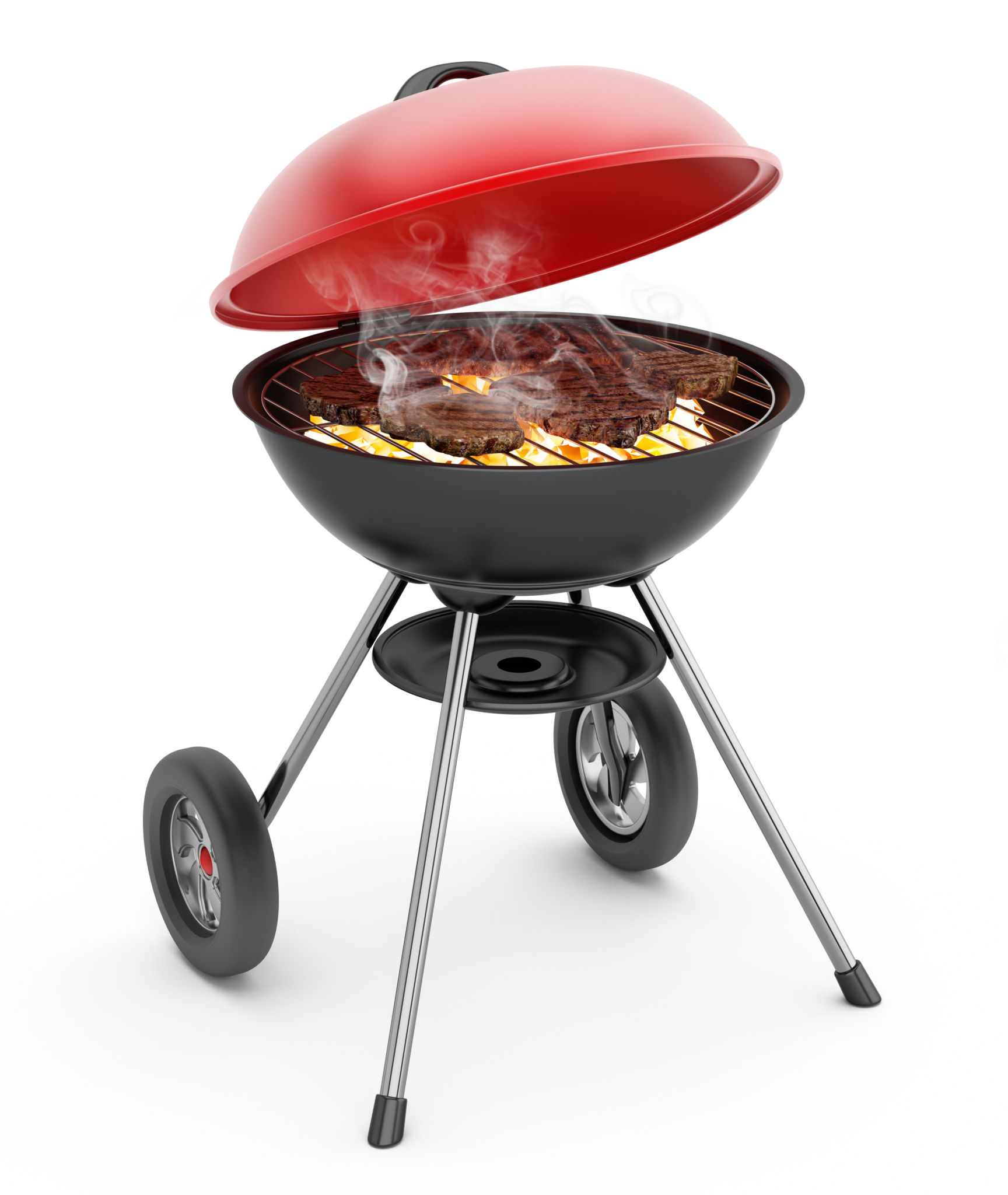Seasonal Tips for Managing Waste Oils in Your Buckinghamshire Kitchen
Understanding the Importance of Proper Waste Oil Management
In many Buckinghamshire kitchens, cooking with oils is a daily activity. However, managing waste oils responsibly is crucial to avoid environmental harm. Improper disposal can lead to clogged pipes and pollution. By adopting seasonal strategies, you can effectively manage waste oil throughout the year.

Spring Cleaning: Refresh Your Waste Oil Disposal Routine
Spring is synonymous with renewal, making it a perfect time to re-evaluate your waste oil management practices. Start by setting up a dedicated container for waste oils. Ensure it's clearly labeled to prevent any mix-ups. Additionally, consider reaching out to local recycling centers in Buckinghamshire to learn about community programs for oil recycling.
Cleaning your kitchen equipment is also important during this season. Regular maintenance of appliances like fryers can help reduce the amount of waste oil generated, as well-maintained equipment often requires less oil for cooking.
Summer Barbecues: Managing Extra Waste Oil
Summer brings with it the joy of outdoor cooking and barbecues, which can significantly increase waste oil production. To manage this, collect leftover oils in a heat-resistant container and allow them to cool before disposal. Additionally, you can incorporate some waste oils into homemade marinades or dressings, ensuring none goes to waste.

If you're hosting larger gatherings, coordinate with guests about proper disposal methods and encourage them to bring their own containers for transporting waste oil home.
Autumn Harvest: Repurposing Oil in Creative Ways
The abundance of autumn produce presents an excellent opportunity to repurpose waste oil. Infuse leftover oils with herbs or spices to create flavored oils that can enhance seasonal dishes. This not only reduces waste but also adds a unique twist to your cooking.
Furthermore, consider composting as an option. Small amounts of used vegetable oils can be added to the compost bin, helping break down organic matter more efficiently.

Winter Warmth: Safe Storage and Disposal
During winter, many people turn to hearty, fried foods for comfort, which can increase waste oil output. Ensure that you store used oils in a cool, dry place to prevent spoilage. If you plan on reusing oils for cooking, strain them through a fine mesh to remove food particles and impurities.
For disposal, check with local waste management services about special collection days for oils and fats. These services often ramp up during the colder months due to increased demand.
Engaging the Community in Waste Oil Management
Community involvement is key in promoting sustainable waste oil management practices. Join or initiate local workshops focused on educating others about the environmental impact of improper disposal and how to mitigate it. Sharing tips and resources can lead to more widespread adoption of responsible practices.
Collaborate with local restaurants and cafes in Buckinghamshire to create a network for collecting and recycling waste oils, benefiting both businesses and households alike.